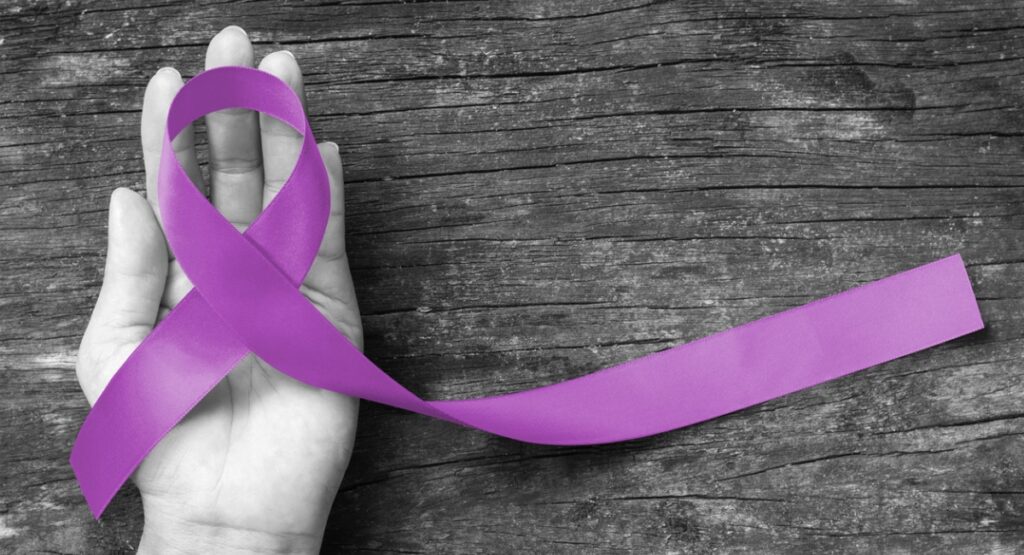The Power of Focus

The Power of Focus and How it Affects Our Performance. I have been fortunate to work with a lot of coaches around the country, but one of the most interesting is Coach Wilson, a colleague who coaches biathlon in Alaska and works with the US Biathlon Team. What is biathlon you ask? It is the sport of cross-country skiing and rifle shooting. Coach Wilson spent a month with me last summer going through mental performance basics and building a plan for his athletes. The sport lends itself to all kinds of mental challenges – fatigue, focus, emotional control, breathing proficiency, a necessity for precision…just to name a few. I am amazed by the athletes (and coaches) in this sport, so when I get an email…







